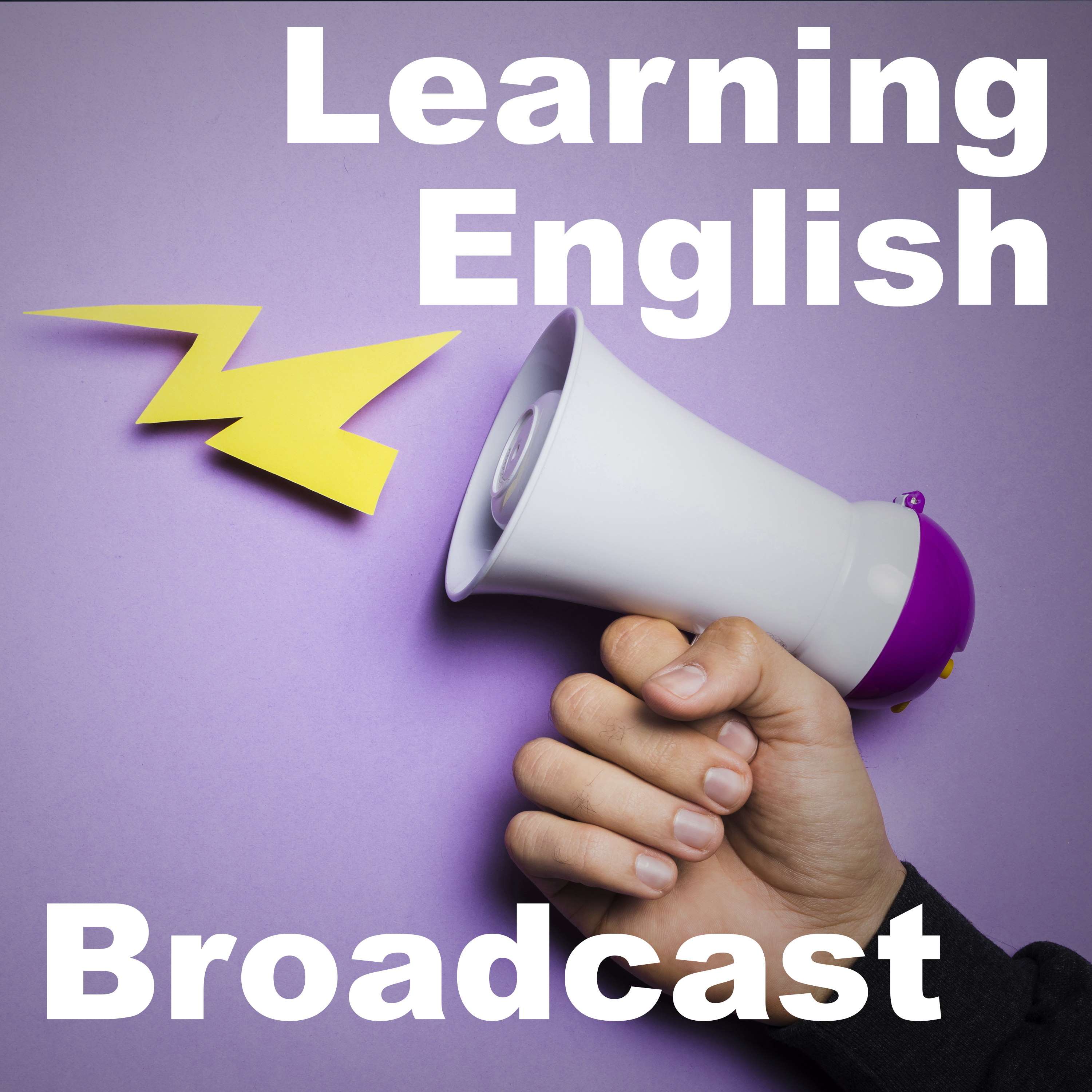
Learning English Podcast - January 10, 2025

VOA Learning English Podcast - VOA Learning English
Deep Dive
What is the difference between 'remaining', 'remainder', and 'rest' when describing what is left of something?
'Remaining' is an adjective used before a noun, such as 'the remaining countries.' 'Remainder' is a noun, often used as a quantifier with 'the remainder of the,' similar to 'the rest of the.' 'Rest' is a quantifier used in phrases like 'the rest of the countries.' 'Remainder' is less common in spoken English compared to 'rest.' Additionally, 'remainder' has a specific mathematical meaning, referring to what is left after division or subtraction.
Why is it incorrect to replace 'the remaining countries' with 'the remain' or 'the rest'?
It is incorrect because 'remain' is a verb, not an adjective, and cannot describe a noun like 'countries.' 'The rest' is a quantifier and requires the phrase 'the rest of the' to function as an adjective. For example, 'the rest of the countries' is correct, while 'the remain countries' is not.
What are the two most common sentence patterns in English discussed in the podcast?
The two most common sentence patterns are: 1) Subject + 'be' + Subject Complement (e.g., 'I am beautiful'), where the subject complement can be an adjective or noun phrase. 2) Subject + 'be' + Adverbial (e.g., 'My friends are at the concert'), where the adverbial provides information about location or time.
How does the sentence 'Baby, you're a rich man' by the Beatles fit into common English sentence patterns?
The sentence follows the pattern Subject + 'be' + Subject Complement. Here, 'Baby' is the subject, 'are' is the 'be' verb, and 'a rich man' is the subject complement, which is a noun phrase describing the subject.
What does the Swede's behavior in 'The Blue Hotel' reveal about his perception of the West?
The Swede's behavior suggests he has a distorted perception of the West, likely influenced by cheap novels. He believes he is in a dangerous, lawless environment, as evidenced by his fear of being killed and his overreaction to perceived threats. This contrasts with the reality of Nebraska, which is not a 'wild place.'
How does Scully respond to the Swede's accusations of cheating during the card game?
Scully initially tries to calm the situation, shouting 'Stop now!' and attempting to prevent a fight. However, after enduring the Swede's erratic behavior, Scully eventually agrees to let the Swede and Johnny fight, expressing his frustration and eagerness to end the conflict.
Shownotes Transcript
On today’s podcast, some rules about how to talk about left over things on ‘Ask a Teacher;’ how writers use sentence patterns on ‘Everyday Grammar;’ then, part two of a dramatic reading of 'The Blue Hotel,' by Stephen Crane on American Stories.